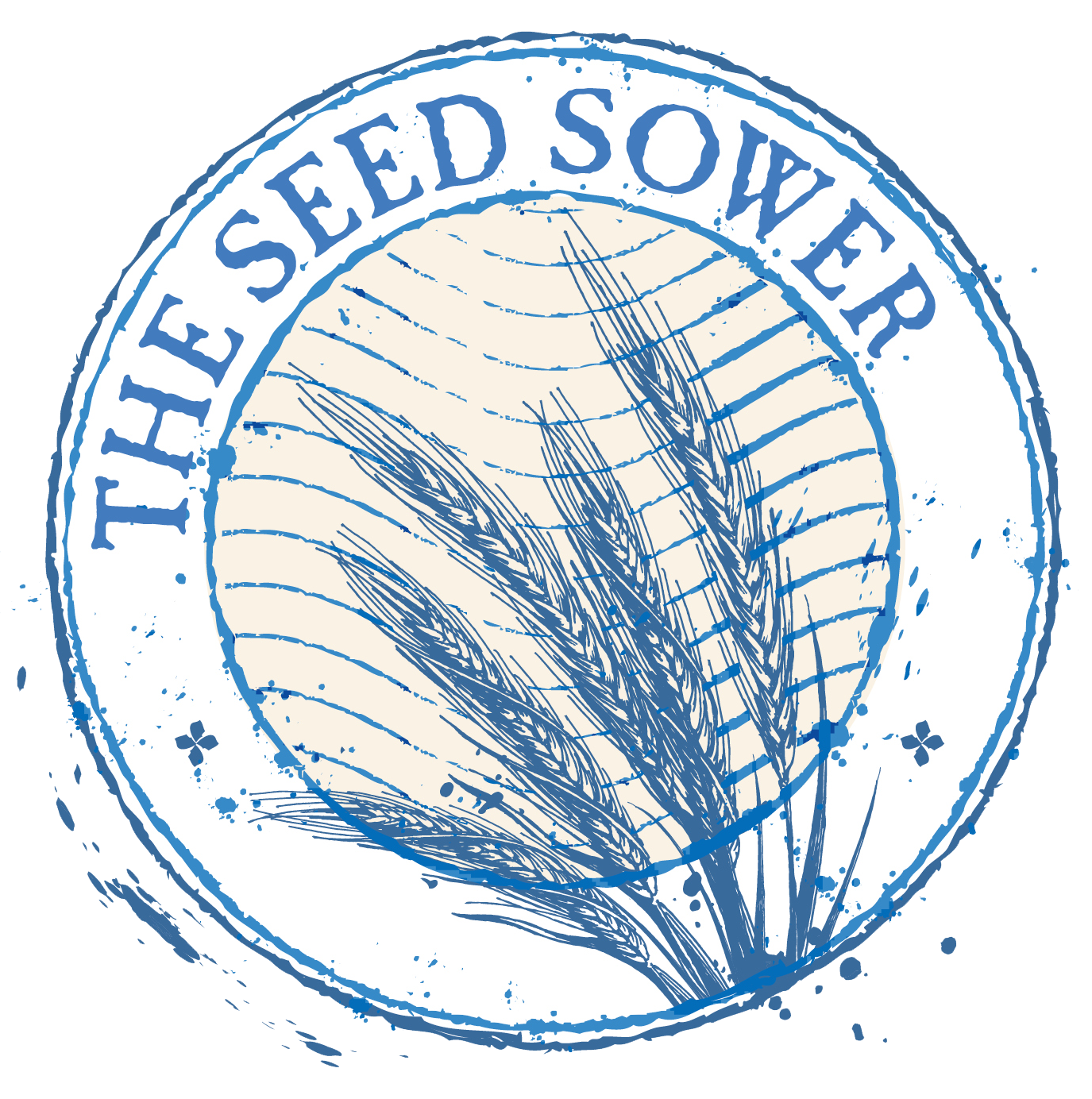Lemons to Lemonade
June 2, 2021
In 1961 Marty Robbins had already enjoyed success on country and pop charts through such ballads as “A White Sport Coat” and “El Paso.” Yet one of his more interesting numbers could well have been “Don’t Worry,” another crossover tune. Through error, the track became one of the earliest examples of guitar distortion. Session guitarist Grady Martin relied on a faulty channel in the mixing desk for his six-string bass, to eventually create what would be a distorted, fuzzy sound, not too unlike what one might expect from a blown amplifier.
Billy Swan was another reasonably successful rock and country writing and recording artist in the 1970’s. In 1974 he charted his most successful release, “I Can Help,” which peaked at #1 on the country list and #6 on Billboard’s Hot Adult Contemporary Singles for pop. Distinctive, from the soft sounds of a borrowed Farfisa keyboard, perhaps even more remarkable was the applause and encouragement of session musicians at the end of the number. You see, Billy had recently taken ownership of a German Shepherd puppy, Bowser, who was already faithfully at his side during the recording, gnawing and tugging on his trousers throughout the number. The response at the conclusion was one of admiration for Billy Swan having triple tasked singing, keyboarding, and swatting away a playful canine.
With 30 seconds remaining in an AFC divisional playoff game between the Oakland Raiders and Pittsburgh Steelers, the Steelers were desperately trying to rally at home from a one-point deficit. Quarterback Terry Bradshaw scrambled back to pass to receiver John Fuqua, only to have that pass deflect off the helmet of Raider Safety Jack Tatum and hands of Fuqua, or just Fuqua, and be grasped by fullback Franco Harris, who scampered into the end zone for the winning score. A controversial “mistake” it still has its place as “The Greatest Play in NFL History” in the NFL Network’s 100 Series.
While on assignment in Hawaii many years ago, I was introduced to a man there with his family. Vaguely familiar, I engaged with him in discussion about where he was from, what they were doing in the islands, and more about his family. His oldest daughter apparently was in Hawaii to play the harp at an event. Thirty seconds after he walked away I came to a realization of who he was and felt immediately embarrassed at my lack of awareness. The man was Ed Smart. His daughter, Elizabeth, had not long before been rescued from several months of captivity by a kidnapper. I should have known him: he and Ms. Smart had been on TV for days and weeks pleading for her safe return. What a fool I was.
My friend who made the introduction came back to report that Mr. Smart was grateful for his rare moment of anonymity and wanted pass on that I had provided a rare moment to breathe. My ignorance had in a strange way served as a blessing.
Each of us should rightfully take pride in our achievements. When working with Career Coaching clients and especially helping them prepare resumes, LinkedIn, and other social media profiles, we invariably build stories that promote their best accomplishments. We focus on situations they’ve faced, obstacles that were before them, and actions they devised in order to bring about favorable outcomes. When preparing them for job interviews, however, I’ll often present an alternative tactic. One of the questions may be something along the lines of “What is your greatest regret, mistake, or disappointment?” “What did you learn from it and what ‘good’ might have resulted?”
The point of the question is not to embarrass, pressure. or denigrate a job candidate, but rather to gauge humility and self-awareness. More importantly, it helps to determine one’s ability to learn, recalibrate, go with the flow, and create something beautiful, even masterful, out of what may at first seemed to have been the most dreary of circumstances. For without mistakes we might not today have:
· Cornflakes.
· Microwave Ovens.
· Penicillin.
· Super Glue.
· Matches.
· Post It Notes.
Or, even for that matter, Viagra.
The Seed Sower




